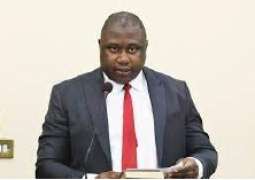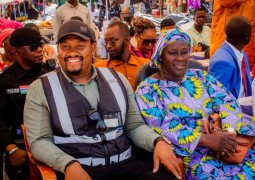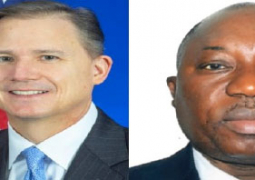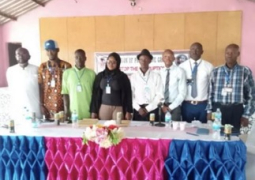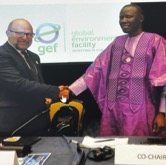
The GEF Council meeting also approved $918 million for 45 projects and programmes from the Global Environment Facility Trust Fund, including four blended finance initiatives involving the private sector and five integrated programmes designed to tackle complex challenges in their entirety. Government representatives also endorsed $203 million for 21 climate change adaptation projects funded by the Least Developed Countries Fund (LDCF) and Special Climate Change Fund (SCCF), which are part of a family of funds that also includes the GEF Trust Fund, Nagoya Protocol Implementation Fund, and the Capacity Building Initiative for Transparency (CBIT) Trust Fund.
The GBFF, the latest addition to the growing GEF-housed portfolio, is expected to start funding projects related to nature loss and restoration by the end of 2024. It was launched at the Seventh GEF Assembly in August 2023, less than a year after parties to the UN Convention on Biological Diversity requested that the GEF create it to support countries’ efforts to meet the Kunming-Montreal Global Biodiversity Framework goals on halting and reversing nature loss.
Country representatives met as the GBFF Council reached the agreement in Washington, DC on how donor resources will be allocated, and how projects will be designed and approved. During the Council meeting, Spain announced a new contribution to the GBFF, adding to previous contributions announced by Canada, United Kingdom, Germany and Japan.
Dawda Badgie, executive director of the National Environment Agency of The Gambia, who is also the co-chair of the GEF Council, welcomed the agreement among countries to jointly address environmental issues that directly affect human well-being everywhere. “These decisions can change peoples’ lives for years to come,” Badgie said, pointing in particular the support for coastal resilience and women’s livelihoods. “We have to act collectively about the challenges we are facing. They do not spare anyone.”
Speaking earlier, the Acting Executive Secretary of the Convention on Biological Diversity David Cooper stressed the need for Indigenous Peoples, local communities, women and youth to be involved in the fund in order to work towards the 20 percent allocation for Indigenous Peoples and local communities, as well as to ensure that the work it supports is gender-responsive and addresses calls for intergenerational equity. “Your contributions to this process are going to be very important,” Cooper said.
Carlos Manuel Rodríguez, GEF CEO and chairperson said “The support the GEF is deploying stands out not only for its size and accelerating speed, but also its reach. We are breaking down silos to move the needle on the environmental challenges both donor and recipient countries are facing.”
In addition to approving funding for the new projects and programs, GEF Council members also received updates from the GEF Scientific and Technical Advisory Panel and from the Independent Evaluation Office.
In the case of the GBFF, as much as 20 percent of the new fund’s resources will aim to support Indigenous-led initiatives to protect and conserve biodiversity.


